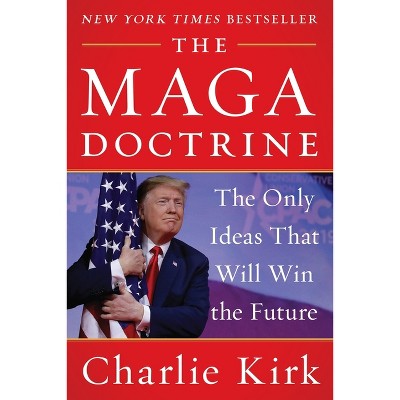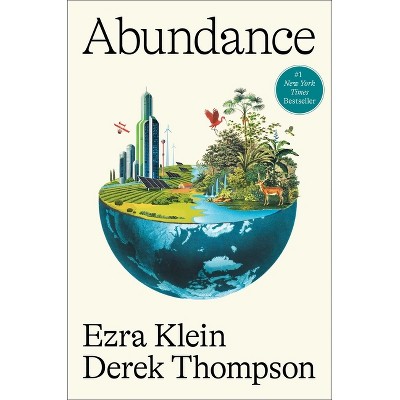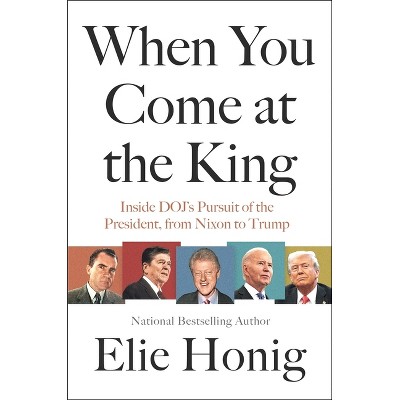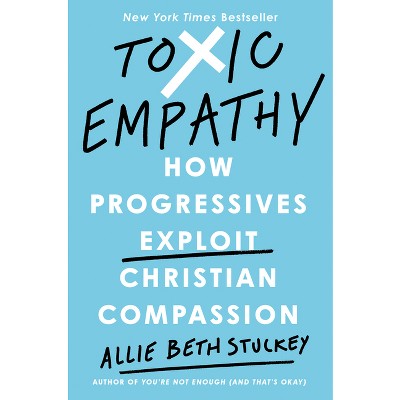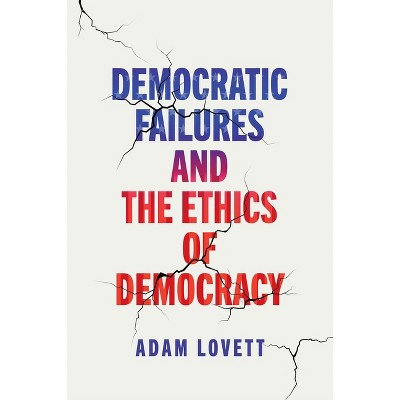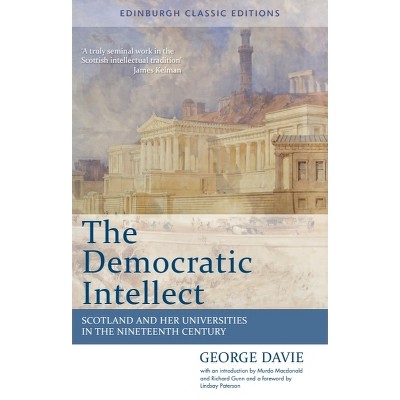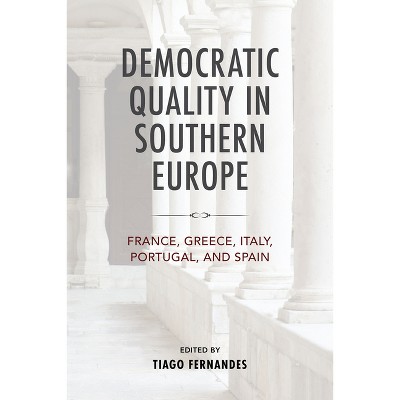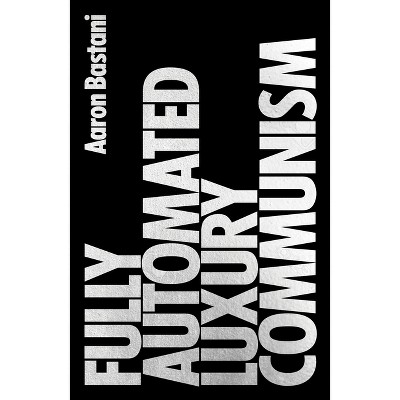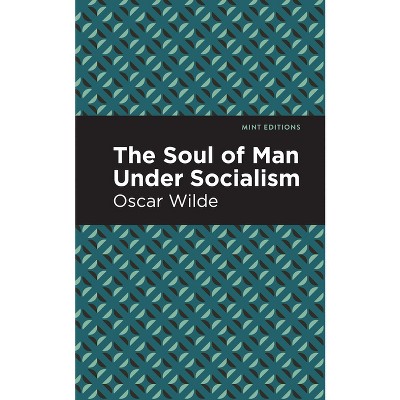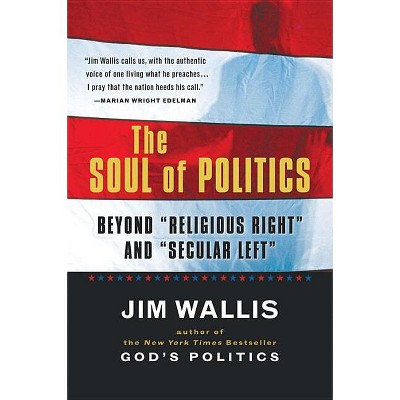The Democratic Soul - by Aaron L Herold (Hardcover)

About this item
Highlights
- In The Democratic Soul, Aaron L. Herold argues that liberal democracy's current crisis--of extreme polarization, rising populism, and disillusionment with political institutions--must be understood as the culmination of a deeper dissatisfaction with the liberal Enlightenment.
- About the Author: Aaron L. Herold is Associate Professor of Political Science and International Relations at SUNY Geneseo.
- 288 Pages
- Political Science, Political Ideologies
Description
About the Book
"This book offers a fresh encounter with Enlightenment theology, one that can determine its integral connections to liberal democracy's foundations and its potential links to our current crisis. It asks whether the religious outlook the early modern tradition bequeathed us is truly at the root of our vulnerabilities, or (alternatively) whether it might not contain the basis for a richer, more robust, and higher-aiming liberal civic life. If it does turn out that modernity's theological basis contains big problems, and that these problems have come down to us in ways we now have trouble discerning, Herold argues that we will then need to examine the role a responsible and civically concerned political science can play in addressing our situation. That is what he aims to do in this book. Through a detailed analysis of Spinoza's Theologico-Political Treatise and Tocqueville's Democracy in America, he seeks to reveal not only the foundations of our moral hopes for liberalism and democracy but also the reasons why those hopes seem to be unfulfilled in ways we ourselves often have trouble grasping-and what we can do about it"--Book Synopsis
In The Democratic Soul, Aaron L. Herold argues that liberal democracy's current crisis--of extreme polarization, rising populism, and disillusionment with political institutions--must be understood as the culmination of a deeper dissatisfaction with the liberal Enlightenment. Major elements of both the Left and the Right now reject the Enlightenment's emphasis on rights as theoretically unfounded and morally undesirable and have sought to recover a contrasting politics of obligation. But this has re-opened questions about the relationship between politics and religion long thought settled.
To address our situation, Herold examines the political thought of Spinoza and Tocqueville, two authors united in support of liberal democracy but with differing assessments of the Enlightenment. Through an original reading of Spinoza's Theologico-Political Treatise, Herold uncovers the theological foundation of liberal democracy: a comprehensive moral teaching rehabilitating human self-interest, denigrating "devotion" as a relic of "superstition," and cultivating a pride in living, acting, and thinking for oneself. In his political vision, Spinoza articulates our highest hopes for liberalism, for he is confident such an outlook will produce both intellectual flourishing and a paradoxical recovery of community. But Spinoza's project contains tensions which continue to trouble democracy today. As Herold shows via a new interpretation of Tocqueville's Democracy in America, the dissatisfactions now destabilizing democracy can be traced to the Enlightenment's failure to find a place for religious longings whose existence it largely denied. In particular, Tocqueville described a natural human desire for a kind of happiness found, at least partly, in self-sacrifice. Because modernity weakens religion precisely as it makes democracy stronger than liberalism, it permits this desire to find new and dangerous outlets. Tocqueville thus sought to design a "new political science" which could rectify this problem and which therefore remains indispensable today in recovering the moderation lacking in contemporary politics.Review Quotes
"
[A] probing analysis of the foundations of liberal democracy. Through a close textual analysis of Spinoza's Theologico-Political Treatise and Tocqueville's Democracy in America, Herold provides a compelling account of the origin and trajectory of liberalism...[A]n essential read for anyone concerned with the crisis of liberalism. A proper understanding of the origin and future of liberalism requires an apprenticeship with Spinoza and Tocqueville. Herold's book induces us to revive these great thinkers of the past and to enter into dialogue with them concerning the new and enduring problems of human existence.
-
About the Author
Aaron L. Herold is Associate Professor of Political Science and International Relations at SUNY Geneseo.Shipping details
Return details
Trending Current Affairs & Politics


